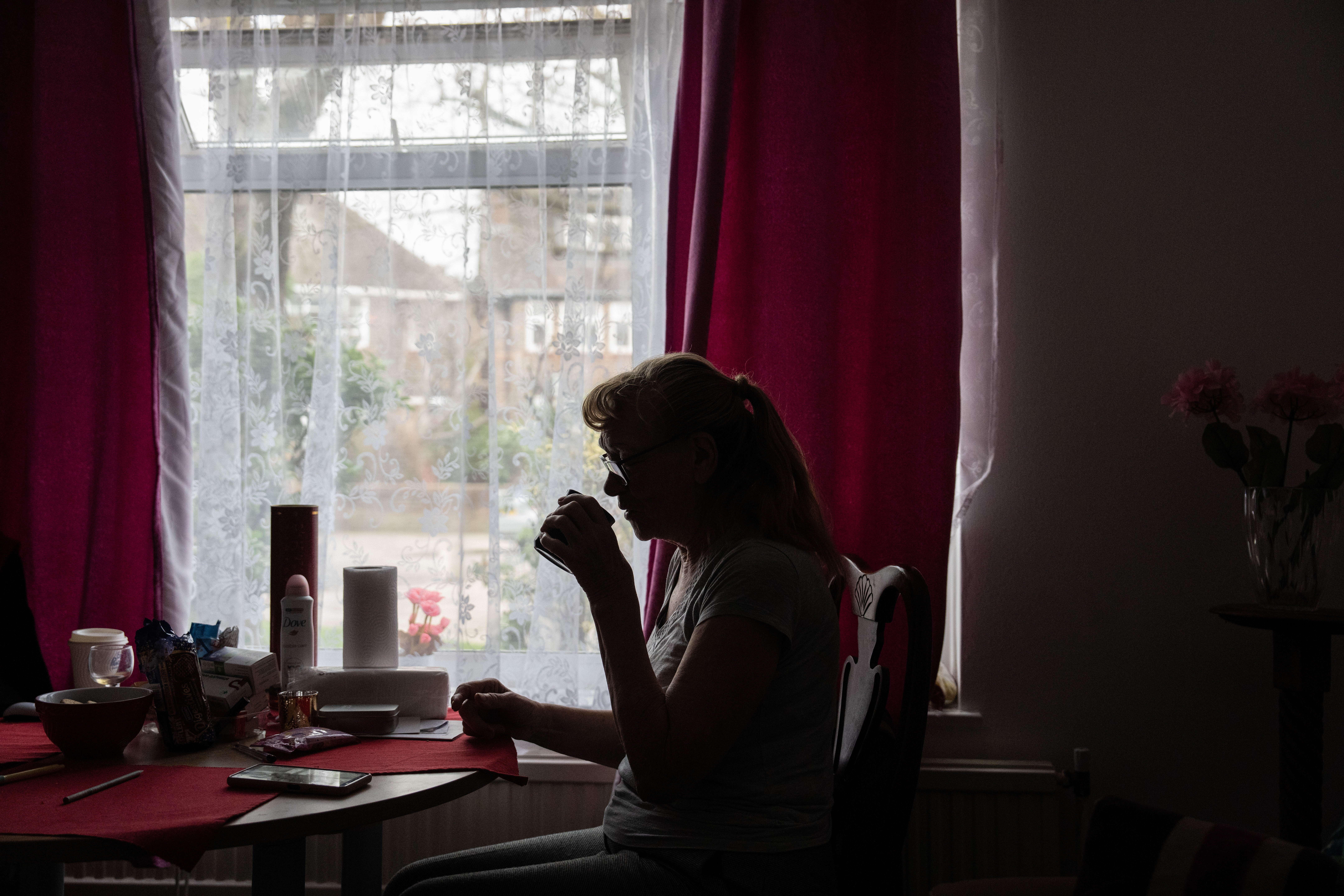The Homes for Ukraine scheme is bold and right but must be better run
Editorial: Reports of refugees sent to live with suspected gangsters underline the need for improved safeguards

One of the good decisions made by Michael Gove, who as housing and communities secretary was responsible for the Homes for Ukraine scheme when it was set up two years ago, was to allow the project to be driven from the bottom up.
The scheme was an expression of solidarity from the British people to the Ukrainian people, and the role of the British government, as Mr Gove saw it, was to enable and support it – but mainly to get out of the way.
It was, and remains, an overwhelming success. More than 180,000 visas have been issued to Ukrainian refugees through the sponsorship route. The problems with the scheme, exclusively reported by The Independent, in no way undermine the policy in principle – on the contrary, they argue for improved safeguards in order to ensure continuing high levels of public support for it.
Our report nevertheless reveals some alarming cases. Some people with suspected links to serious or organised crime were among those approved as hosts under the scheme, while some refugees have been forced to work for their hosts.
Figures obtained by The Independent through a freedom of information request reveal that around a quarter of eligible councils – 37 out of roughly 150 – said they had been alerted to a serious safeguarding concern (which can include child protection concerns) about a host.
Researchers from University College London also found that visas for Ukrainian refugees had often been issued before checks on accommodation, and with the Disclosure and Barring Service, were completed. If these checks were then failed, a new host had to be found at short notice.
A government spokesperson told The Independent: “All sponsors and all adults living in a sponsor’s household are subject to stringent checks before they are allowed to host a Ukrainian refugee, and we would urge local councils to contact the police if they suspect any exploitation.”
Sometimes it would seem, however, that the checks are not stringent, or timely, enough. As for increasing the safeguarding burden on local councils, this would seem to be a classic example of central government adding to the responsibilities of local government while further reducing the resources available. As more and more councils warn of the risk of bankruptcy, the problem of funding is now acute.
It is essential that the government gets this right because the war in Ukraine seems likely to continue for some time to come. A year ago, after the scheme had been operating for a year, Mr Gove said: “I want to say thank you to everyone who has acted as a host and been such a wonderful, wonderful example of British generosity in showing what we can do to support people in their most difficult hour.”
That difficult hour now extends into its third year. The British people overwhelmingly support the Ukrainian people in their defence of freedom against Vladimir Putin’s aggression. That support must be sustained. It takes the hard form of money and equipment for Ukrainian forces, and the soft form of a warm welcome for refugees. We are proud of both, and should not allow problems with the Homes for Ukraine scheme to undermine either part.
Meanwhile, we support Lord Cameron, the foreign secretary, in his efforts to hold the US Congress to its fine words of support for democracy and self-determination, of resistance to tyranny and financial support for Ukraine. All democracies of the world should stiffen their resolve to stand up to Putin and to stand with our friends in Ukraine. Solidarity starts at home, but it extends across the whole of Europe.



Join our commenting forum
Join thought-provoking conversations, follow other Independent readers and see their replies
Comments